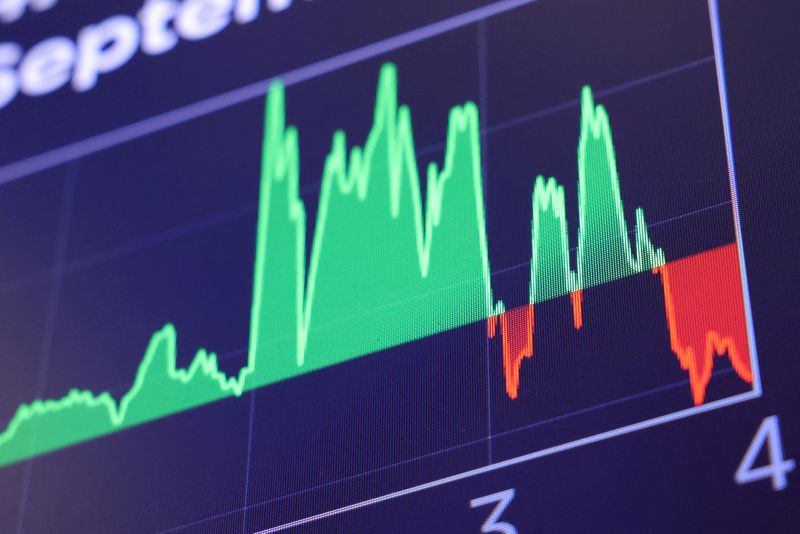
Written by Mark John
(Reuters) – As soon as the global economy began to overcome the effects of the Covid-19 pandemic, a whole new set of challenges opened up for 2025.
In 2024, the world's central banks can finally start cutting interest rates after largely winning the battle against inflation without triggering a global recession.
Stocks hit record levels in the United States and Europe, and Forbes announced a “wonderful year for the super-rich” with 141 new billionaires joining its list of the super-rich.
But if this was supposed to be good news, someone forgot to tell voters. In a busy election year, they punished incumbents from India to South Africa, Europe and the United States for the economic reality they were feeling: a harsh cost-of-living crisis caused by cumulative price increases after the pandemic.
For many, it could get even tougher in 2025. If a Donald Trump presidency imposes tariffs on US imports that sparks a trade war, it could mean a new dose of inflation, a global slowdown, or both. Unemployment rates, which are currently approaching historic lows, could rise.
Conflicts in Ukraine and the Middle East, political impasses in Germany and France, and questions about the Chinese economy add to the ambiguity of the picture. On the other hand, the cost of climate damage is at the forefront of many countries' concerns.
Why does it matter?
According to the World Bank, the poorest countries are experiencing their worst economic situation in two decades, having missed the opportunity to recover after the pandemic. The last thing they need is new headwinds – for example, weak trade or financing conditions.
In richer economies, governments need to work out how to confront the conviction of many voters that their purchasing power, living standards and future prospects are declining. Failure to do so may fuel the rise of extremist parties that are already causing fragmented and hung parliaments.
The new spending priorities appeal to national budgets already stretched post-Covid-19, from tackling climate change to strengthening militaries to caring for aging populations. Only sound economies can generate the revenues needed to achieve this.
If governments decide to do what they have been doing for years – simply accumulate more debt – they risk sooner or later falling into a financial crisis.
What does 2025 mean?
As ECB President Christine Lagarde said in her press conference after the ECB's final meeting of the year, there will be uncertainty “in abundance” in 2025.
It is still unknown whether Trump will go ahead with imposing tariffs of 10% to 20% on all imports, rising to 60% on Chinese goods, or whether these threats are merely an opening maneuver in the negotiations. If these measures go ahead, the impact will depend on which sectors bear the brunt, and who retaliates.
China, the world's second-largest economy, is facing increasing pressure to begin a profound transformation as its growth momentum has run out in recent years. Economists say it needs to end overreliance on manufacturing and put more money into the pockets of low-income citizens.
Can Europe, whose economy has fallen further behind that of the United States since the outbreak of the pandemic, address any of the root causes – from underinvestment to skills shortages? First, it will need to resolve political impasses in the eurozone's two largest economies, Germany and France.
For many other economies, the potential for the dollar to rise in value – if Trump's policies lead to inflation and slow the pace of Fed interest rate cuts – is bad news. This would take investment away from them and make their dollar-denominated debt more expensive.
Finally, add to this the largely unknown impact of conflicts in Ukraine and the Middle East – both of which could impact the cost of energy that fuels the global economy.

For now, policymakers and financial markets are counting on the global economy being able to weather all of this and central bankers completing the return to normal interest rate levels.
But as the International Monetary Fund noted in its latest World Economic Outlook: “Prepare for times of uncertainty.”







